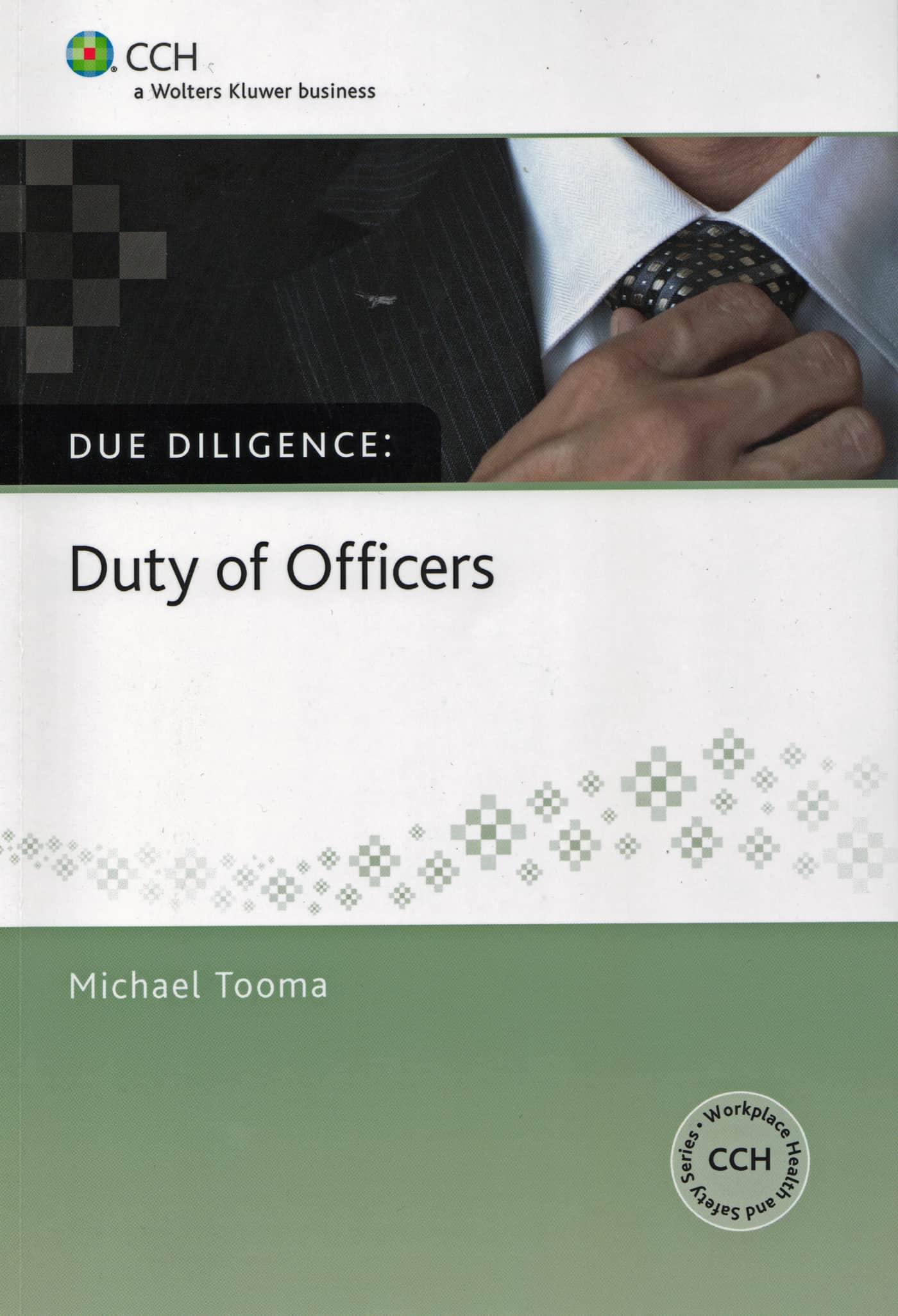The June 2012 edition of the Harvard Business Review includes a fascinating article (extract online ) on safety by the controversial CEO of Anglo American, Cynthia Carroll. The whole article is well worth reading but there was one element that I found particularly interesting, Carroll’s mention of zero harm.
Carroll visited operations in South Africa where Anglo American employed 86,000 people from various cultural background s and literacy. She writes:
“When I visited the operations, my conversations with local managers were frustrating. Safety was improving, they assured me, but it would never be perfect. My goal of zero harm was simply not achievable. The head of our platinum operations at the time insisted repeatedly, “Cynthia, you just have to understand…” As I talked to people and examined the facilities, I wondered how much authority someone who is underground for hours on end, with a shift supervisor right behind him, really has. I questioned whether a line worker had the power to put up his hand and say, “I’m not going to do this, because it is unsafe.””
Following a fatality on the day of her visit and in conjunction with the safety concerns she had, Carroll closed the Rustenburg platinum mine for a structural safety makeover. Continue reading “Where can I get my own Cynthia Carroll?”



![iStock_000002335978Small[1] asbestos](http://safetyatworkblog.files.wordpress.com/2012/04/istock_000002335978small1-asbestos.jpg?w=198) The following article illustrates how important it is for companies to maintain accuracy when writing a media release about safety laws. The internet allows for inaccuracies to become widely distributed and for these to gain some legitimacy through the re-publication on various OHS, magazine and news websites.
The following article illustrates how important it is for companies to maintain accuracy when writing a media release about safety laws. The internet allows for inaccuracies to become widely distributed and for these to gain some legitimacy through the re-publication on various OHS, magazine and news websites.